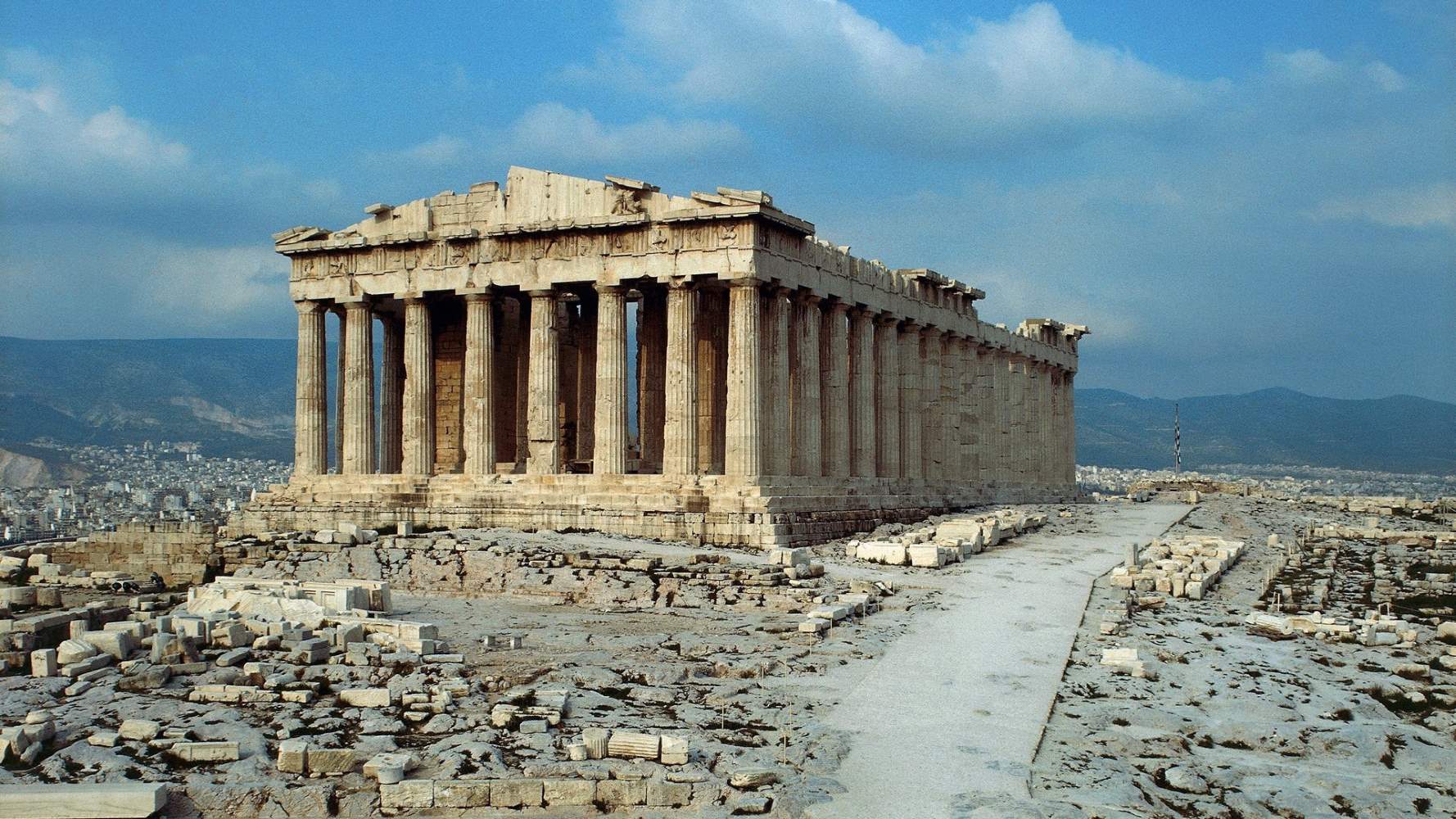
Greek history is as complex as it is captivating, stretching back thousands of years, and laying the groundwork for much of Western civilization. From the philosophical musings of Socrates to the strategic military might of Alexander the Great, this ancient culture has left an indelible mark on the world. Greek history encompasses the rise and fall of powerful city-states, groundbreaking advancements in science and art, and myths that continue to inspire today. Whether you're a history buff or just curious, understanding these 15 facts will give you a glimpse into the rich tapestry that makes up Greece's storied past. Each fact, a story in itself, offers a window into the achievements, struggles, and enduring legacy of this fascinating civilization.
Understanding Ancient Greece
Ancient Greece, a civilization that flourished from the 8th century BC to approximately 600 AD, has left an indelible mark on modern culture, politics, and philosophy. This period, known for its profound contributions to art, science, and governance, serves as a cornerstone for Western civilization.
-
Democracy originated in Athens, one of the city-states of Ancient Greece. Athenian democracy, developed around the 5th century BC, was a direct form, where citizens had the opportunity to speak and vote in the assembly.
-
The Olympic Games began in 776 BC in Olympia. They were held every four years in honor of Zeus, and only freeborn Greek men were allowed to participate. The games included various athletic competitions, some of which are still popular today.
Greek Mythology and Religion
Greek mythology is a collection of stories and legends that were used to explain the world and its phenomena before the advent of modern science. These myths included gods, heroes, and mythical creatures.
-
Zeus was considered the king of the gods, ruling over Mount Olympus. His siblings included Hera, Poseidon, and Hades, among others, each with their own distinct domain and stories.
-
The Greeks believed in an afterlife where souls would go to the Underworld, ruled by Hades. The journey of the soul and its final resting place, such as the Elysian Fields for the virtuous, was a common theme in Greek mythology.
Contributions to Philosophy and Science
The intellectual achievements of Ancient Greece have had a lasting impact on the world. Philosophers, mathematicians, and scientists from this era laid the groundwork for many concepts still studied today.
-
Socrates, Plato, and Aristotle are often considered the fathers of Western philosophy. Socrates introduced the Socratic method, a form of cooperative argumentative dialogue to stimulate critical thinking.
-
Pythagoras is best known for the Pythagorean theorem in mathematics, but he also contributed to the understanding of music, astronomy, and philosophy.
Greek Art and Architecture
Greek art and architecture have influenced Western culture for centuries. The Greeks were masters of sculpture, pottery, and building design, emphasizing symmetry, proportion, and beauty.
-
The Parthenon, a temple dedicated to Athena, located on the Acropolis in Athens, is one of the most famous examples of ancient Greek architecture. It exemplifies the use of the Doric order, one of the classical orders of architecture.
-
Greek sculptures were focused on depicting the ideal human form. The Discobolus by Myron and the Venus de Milo are prime examples of Greek sculpture that emphasize balance, movement, and idealized beauty.
Warfare and Politics in Ancient Greece
The political and military history of Ancient Greece is marked by powerful city-states, known as polis, which often engaged in warfare but also formed alliances.
-
The Peloponnesian War (431–404 BC) was a significant conflict between Athens and Sparta that reshaped the Ancient Greek world. It ended with the defeat of Athens and the rise of Sparta as the dominant power.
-
Alexander the Great, king of Macedonia, embarked on a campaign of conquest in the 4th century BC, creating one of the largest empires of the ancient world. His campaigns spread Greek culture throughout the Mediterranean and into Asia.
Legacy of Ancient Greece
The legacy of Ancient Greece continues to influence modern society in various ways, from government systems to art and philosophy.
-
The concept of Western philosophy, science, and political thought can be traced back to Greek thinkers, whose works are still studied and revered today.
-
Greek language and literature, especially epic poems like Homer’s Iliad and Odyssey, have had a profound impact on Western literature and languages.
-
The Olympic Games, revived in the modern era, continue to be the world’s foremost sports competition, drawing nations together in a celebration of peace and athletic excellence.
-
Greek mythology remains a source of artistic and literary inspiration, influencing countless works of art, literature, and film.
-
Finally, the principles of democracy, trial by jury, and civic responsibility that originated in Ancient Greece form the foundation of many modern governments and legal systems.
Ancient Greece's contributions to the world are vast and enduring, shaping the course of Western civilization in ways that continue to be felt today.
A Final Stroll Through Ancient Greece
We've journeyed back in time, uncovering the layers of Greek history that have shaped our world. From the philosophical musings in Athens to the fierce battles of Sparta, each fact we've shared is a testament to Greece's enduring legacy. These stories, myths, and innovations are not just relics of the past; they continue to influence modern culture, politics, and thought. As we step back into the present, let's carry with us the wisdom of the ancients and the reminder that history is not just about dates and events. It's about the ideas, struggles, and achievements that continue to inspire us today. Greek history, with its rich tapestry of tales, teaches us about the power of human creativity and resilience. So, next time you gaze at a starry sky, remember the astronomers of ancient Greece. They, too, looked up in wonder, dreaming of what could be.
Was this page helpful?
Our commitment to delivering trustworthy and engaging content is at the heart of what we do. Each fact on our site is contributed by real users like you, bringing a wealth of diverse insights and information. To ensure the highest standards of accuracy and reliability, our dedicated editors meticulously review each submission. This process guarantees that the facts we share are not only fascinating but also credible. Trust in our commitment to quality and authenticity as you explore and learn with us.


